Transitioning to assisted living is a major life change that can feel overwhelming. Whether for yourself or a loved one, careful planning and a compassionate approach are key. This post covers essential steps, from choosing the right facility to preparing emotionally and practically, to help make the process smoother. Let’s navigate this journey with confidence and grace.
Understanding the Benefits of Assisted Living for Enhanced Quality of Life
Assisted living offers numerous benefits that contribute to an enhanced quality of life for individuals transitioning into this supportive environment. Here are some key aspects to consider:
1. Personalized Care and Support:
• Skilled and compassionate staff provide personalized care tailored to individual needs, ensuring that daily activities, medication management, and healthcare needs are addressed with professionalism and empathy.
• Assistance with daily tasks such as bathing, dressing, and meal preparation allows residents to maintain their independence while receiving the support they require.
2. Social Engagement and Community:
• Assisted living communities foster a vibrant and engaging social environment, providing opportunities for residents to connect, build friendships, and participate in a variety of social activities and events.
• Engaging in community programs and group activities can help combat feelings of isolation and loneliness, promoting overall well-being and improving mental and emotional health.
3. Safety and Peace of Mind:
• Assisted living facilities are designed with safety in mind, offering secure environments, emergency response systems, and trained staff available around the clock to ensure the well-being and peace of mind of residents.
• Regular wellness checks and assistance with medication management help minimize health risks and promote a safe living environment.
4. Maintenance-Free Living:
• Assisted living relieves residents from the burdens of household chores and maintenance, allowing them to focus on enjoying their lives and pursuing activities that bring them joy.
• Services such as housekeeping, laundry, and maintenance are typically provided, freeing up time and energy for more fulfilling pursuits.
By understanding and embracing the benefits of assisted living, individuals and their loved ones can make informed decisions and embark on this new chapter with confidence, knowing that it offers a supportive and enriching environment for an enhanced quality of life.
Identifying the Right Time to Consider Assisted Living for Yourself or a Loved One

Recognizing the Need for Additional Support:
At some point, you or your loved one may reach a stage where additional support and care become necessary. While everyone's circumstances are unique, there are common signs that indicate it may be time to consider assisted living:
• Difficulty with Daily Activities: If performing everyday tasks like bathing, dressing, meal preparation, or managing medications becomes challenging, it may be an indication that more assistance is needed.
• Safety Concerns: Unexplained falls, accidents, or wandering can be warning signs that living independently poses risks to personal safety.
• Decline in Overall Health: Physical or cognitive decline, chronic health conditions, or the need for regular medical supervision may require a higher level of care that assisted living can provide.
• Social Isolation: Feelings of loneliness, isolation, or limited social interactions can negatively impact one's well-being. Assisted living communities offer opportunities for social engagement and a sense of belonging.
Evaluating Caregiver Strain:
For family caregivers, assessing personal well-being and recognizing signs of burnout is crucial. If you find yourself experiencing exhaustion, stress, or an inability to meet the care needs of your loved one, it may be time to explore assisted living options that can ensure the safety and well-being of both you and your loved one.
Seeking Professional Advice:
Consulting with healthcare professionals, such as doctors or geriatric care managers, can provide valuable insights and guidance in determining the appropriate time to consider assisted living. They can evaluate your specific situation, assess care needs, and help you make an informed decision.
Remember, the decision to transition to assisted living is deeply personal and should be based on individual circumstances, preferences, and the desire for an enhanced quality of life. It's essential to involve and include your loved one in the decision-making process, ensuring their wishes and needs are respected and prioritized.
Researching Assisted Living Facilities and Comparing Options
Finding the right assisted living facility for your loved one is a significant decision that requires thorough research and careful consideration. Here are some essential steps and subheadings to guide you through the process:
1. Determine Your Loved One's Needs and Preferences:
• Assess their care requirements, such as assistance with activities of daily living, medication management, or memory care.
• Consider their preferences regarding location, amenities, social activities, and community atmosphere.
2. Gather Recommendations and Referrals:
• Seek recommendations from healthcare professionals, friends, family, or support groups who have experience with assisted living facilities.
• Research online directories and review websites to gather a list of potential options.
3. Conduct Initial Screening and Evaluation:
• Review each facility's website and brochures to gather information about their services, staff credentials, and available amenities.
• Contact the facilities to inquire about availability, pricing, and any specific questions you may have.
4. Visit and Tour Assisted Living Facilities:
• Schedule visits to the shortlisted facilities to get a firsthand look at the environment, accommodations, and communal areas.
• Observe interactions between staff and residents, cleanliness, and overall atmosphere.
• Take note of the layout, safety features, and accessibility for individuals with specific needs.
5. Assess Services and Care Programs:
• Inquire about the range of services provided, including personal care assistance, medication management, housekeeping, and meal options.
• Ask about specialized care programs or therapies available for specific conditions or needs.
6. Consider Costs and Financial Planning:
• Discuss the pricing structure of each facility, including monthly fees, additional services, and any potential long-term cost adjustments.
• Explore payment options, insurance coverage, and potential financial assistance programs.
7. Seek Input and Feedback:
• Connect with current residents or their family members to gather insights about their experience and satisfaction with the facility.
• Request references from the facility to speak with other families who have chosen their services.
By following these steps and considering these factors, you can confidently navigate the process of researching and comparing assisted living facilities, ensuring that you find the best fit for your loved one's needs and preferences.
Assessing the Services and Amenities That Best Meet Your Needs

When exploring assisted living facilities, it's important to assess the services and amenities offered to ensure they align with the specific needs and preferences of your loved one. Consider the following factors and subheadings when evaluating each facility:
1. Personalized Care and Assistance
• Evaluate the level of personalized care provided, including assistance with activities of daily living (ADLs) such as bathing, dressing, and medication management.
• Inquire about the availability of 24/7 on-site staff and their qualifications and training in providing specialized care for specific conditions or needs.
2. Social and Recreational Activities
• Look into the variety and frequency of social and recreational activities offered, such as fitness classes, cultural outings, and hobby groups, to ensure a vibrant and engaging lifestyle for your loved one.
• Inquire about the availability of common areas and social spaces where residents can connect and build relationships with fellow residents.
3. Dining Services
• Assess the quality and variety of meals provided, considering dietary restrictions or preferences.
• Inquire about the flexibility of meal options and whether special dietary needs can be accommodated.
4. Safety and Security Measures
• Evaluate the safety and security measures in place, such as emergency response systems, secure entrances, and trained staff members available to handle emergencies.
• Inquire about measures taken to prevent accidents and ensure a safe environment for residents.
5. Additional Services and Healthcare Support
• Explore the availability of additional services, such as transportation assistance, housekeeping, and laundry services.
• Inquire about access to healthcare support, including the presence of on-site nurses or partnerships with healthcare providers for regular medical check-ups and specialized care needs.
By carefully assessing these services and amenities, you can make an informed decision about which assisted living facility best meets the unique needs and preferences of your loved one, providing them with a comfortable and fulfilling living experience.
Evaluating the Staff-to-Resident Ratio and Level of Personalized Care
Staff-to-Resident Ratio:
One crucial aspect to consider when selecting an assisted living facility is the staff-to-resident ratio. A sufficient number of staff members ensures that residents receive the attention and care they require. When evaluating the staff-to-resident ratio, consider the following:
• Availability of Caregivers: Inquire about the number of caregivers available during different shifts, including both day and night. Adequate staffing ensures that residents' needs are promptly attended to at all times.
• Responsiveness: Assess the staff's ability to respond promptly to residents' requests for assistance. A lower staff-to-resident ratio allows for more personalized care and quicker response times.
Level of Personalized Care:
Each resident has unique care requirements, and it's essential to ensure that the assisted living facility can provide the necessary level of personalized care. Consider the following factors:
• Care Plans: Inquire about the facility's process for creating individualized care plans for each resident. A comprehensive care plan should address specific needs, preferences, and medical requirements.
• Medication Management: Evaluate the facility's ability to manage medication administration and ensure that residents receive their prescribed medications accurately and on time.
• Specialized Care Services: If your loved one requires specialized care, such as memory care for individuals with dementia, ensure that the facility has the appropriate expertise and resources in place.
By evaluating the staff-to-resident ratio and level of personalized care, you can make an informed decision and choose an assisted living facility that can provide the necessary support and attention your loved one deserves.
Touring Facilities to Experience the Environment and Community Firsthand
Visiting and touring assisted living facilities is a crucial step in the decision-making process. It allows you to observe the environment, interact with staff and residents, and assess if it aligns with your loved one's needs and preferences. Here are some key aspects to consider during your facility tours:
1. Welcoming Atmosphere and Cleanliness:
• First Impressions: Pay attention to the overall ambiance of the facility. Is it inviting, warm, and homelike?
• Cleanliness: Assess the cleanliness and maintenance of common areas, resident rooms, and outdoor spaces. A clean and well-maintained environment indicates attention to detail and resident well-being.
2. Staff Interactions and Engagement:
• Staff Interaction: Observe how staff members interact with residents. Do they engage with care, respect, and compassion?
• Staff Availability: Inquire about staff availability and response times, especially during emergencies or when residents require assistance.
• Activities and Programs: Inquire about the range of activities and programs available for residents. Are they tailored to meet individual interests and needs?
3. Dining Experience and Nutritional Offerings:
• Meal Options: Evaluate the variety and quality of meals offered. Are dietary restrictions and individual preferences taken into account?
• Dining Environment: Observe the dining area during mealtime. Is it pleasant, inviting, and conducive to social interaction?
4. Safety and Security Measures:
• Emergency Preparedness: Inquire about the facility's emergency protocols, including evacuation plans and staff training.
• Security Measures: Assess the security measures in place to ensure the safety and well-being of residents, such as controlled access, surveillance cameras, and staff presence.
By touring the facilities, interacting with staff and residents, and experiencing the community firsthand, you gain valuable insights into the daily life, culture, and care provided. This firsthand experience will help you make an informed decision and choose an assisted living facility that best suits your loved one's needs and fosters a supportive and engaging environment.
Asking Important Questions About Costs, Contracts, and Financial Assistance
When considering an assisted living facility, it's crucial to gather information related to costs, contracts, and potential financial assistance options. Asking the right questions will provide clarity and help you make an informed decision. Here are some key areas to explore:
1. Cost Structure and Services Included:
• Base Monthly Fee: Inquire about the base monthly fee and what services and amenities it covers. Understand if additional fees apply for specific care needs or services.
• Level of Care Options: Ask about the different levels of care available and the associated costs. Determine if the facility can accommodate changing care needs over time.
• Billing and Payment Methods: Understand the billing cycle, payment methods accepted, and any available discounts or payment plans.
2. Contracts and Agreements:
• Length of Stay: Clarify if the facility requires a minimum length of stay or if they offer month-to-month arrangements.
• Termination Policy: Familiarize yourself with the facility's termination policy, including notice periods and potential penalties or refunds.
• Renewal and Price Increase Policy: Ask about the facility's policy on contract renewal and how they handle price increases over time.
3. Financial Assistance Options:
• Medicaid and Medicare: Inquire about the facility's acceptance of Medicaid or Medicare, and if they participate in any waiver programs or long-term care insurance plans.
• Veterans Benefits: If applicable, explore if the facility accepts Veterans Affairs (VA) benefits and can assist with the necessary paperwork.
• Other Financial Assistance Programs: Research if any state or local programs offer financial support for assisted living costs and discuss their availability with the facility.
By asking these questions, you'll gain a comprehensive understanding of the costs, contractual terms, and potential financial assistance options associated with the assisted living facility. This knowledge will empower you to make a well-informed decision that aligns with your loved one's needs and financial circumstances.
Contact The Care Concierge of New England Today
If you have any further questions or need assistance in navigating the process of choosing the right assisted living facility, don't hesitate to reach out to The Care Concierge of New England. Our team of experienced professionals is dedicated to providing personalized guidance and support every step of the way. We understand that this decision is significant and we're here to help you make an informed choice that prioritizes the well-being and comfort of your loved one.


